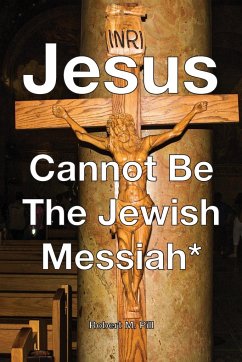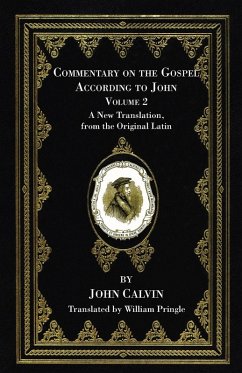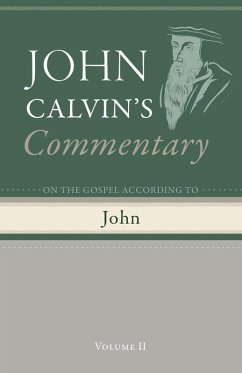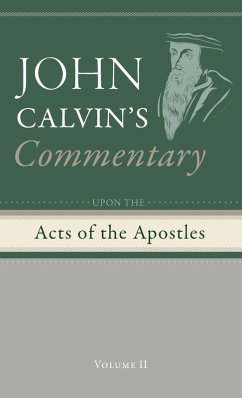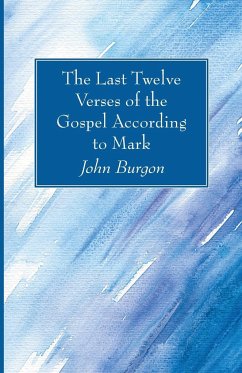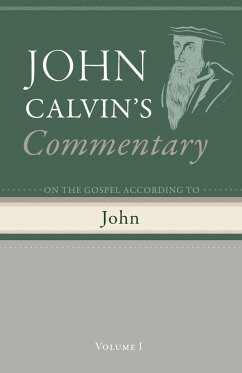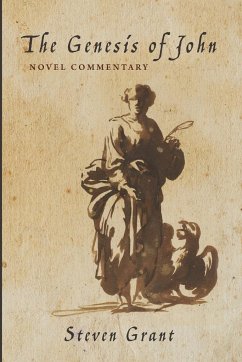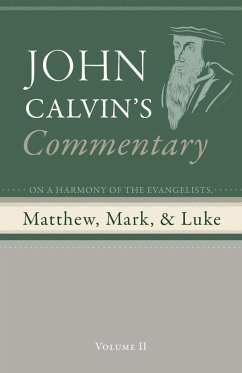Essentially, this book is a commentary on the man responsible for being the architect of the main doctrines of Christianity, Saul of Tarsus, commonly known as The Apostle Paul. I have included commentaries about Jesus of Nazareth, and the resurrection, near the end of the book. I also comment on Talmudism, the Jewish religion whose doctrine revolves around rabbinic oral tradition. When Talmudists mention 'Torah' they mean the 'Oral Torah' - oral tradition! When I mention Torah, I mean the written Torah of Moses! All passages from the Hebrew-language based Jewish Scriptures, herein, are taken from 'The Pill Tanakh: Hebrew-English Jewish Scriptures,' self-published as a three volume book, Volume 1: Torah (the 5 books of Moses), Volume 2: Neviim (Prophets) and Volume 3: Ketuvim (Writings). All passages for the Christian Scriptures, also known as The New Testament, are taken from the King James Version (KJV). When I reference a passage of Scripture, my intention is to show enough surrounding verses to provide the contextual relevance. Points and arguments require the context of a reference for an accurate assessment. Thus, including enough surrounding verses to express the given context is important to intelligently discern what a passage says.I am aware that the subjects at hand may be controversial. I am of the opinion that our beliefs should always hold up to outside scrutiny, especially if we wish them to be considered valid by others! If our tenets and beliefs cannot be shown to be founded upon sound principles, which can be backed up with relevant documentation, then what we attribute to be faith may rather, instead, be a certain fanaticism or just plain zeal! Fanaticism may be founded upon sincere and strongly held beliefs, or just on our feelings! In My Humble Opinion (IMHO), strongly held beliefs and feelings do not equal or substitute for a profound knowledge and understanding, nor should we expect them to! It is with these sentiments that I hope you will find the reading enjoyable, and even more so that you may find it instructive and even challenging.
Hinweis: Dieser Artikel kann nur an eine deutsche Lieferadresse ausgeliefert werden.
Hinweis: Dieser Artikel kann nur an eine deutsche Lieferadresse ausgeliefert werden.

